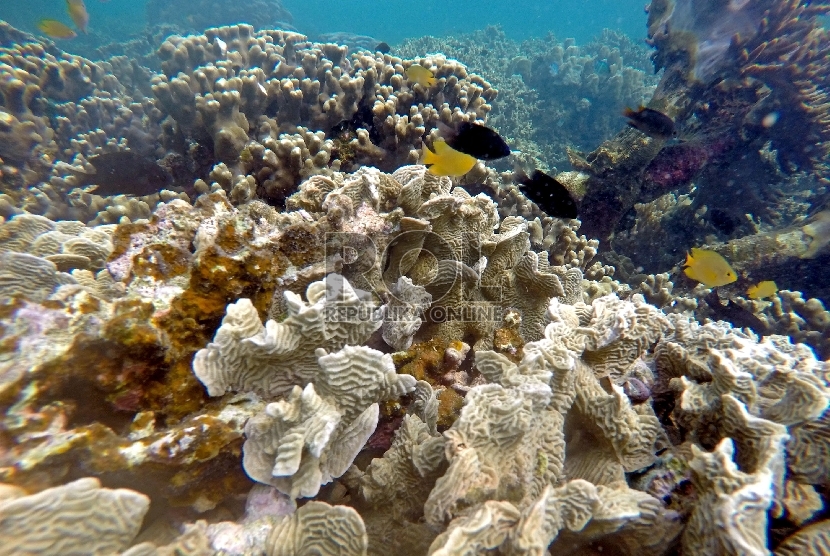REPUBLIKA.CO.ID, JAKARTA -- The total budget allocation for marine conservation, either by central or regional government, needs to be increased in order to realize a conservation area that is truly under control and sustainable.
"The marine conservation areas have been increasingly depleted because the government's commitment to fund conservation programs is declining," National Coordinator of Non-governmental organization (NGO) Destructive Fishing Watch, Moh Abdi Suhufan, stated recently.
According to him, the allocation in both state budget (APBN) and regional budget (APBD) is considered insignificant to finance the marine conservation program, which now has reached 17.3 million hectares.
This has resulted in the eradication of destructive fishing activities in conservation areas that cannot be done optimally, among others, because of the lack of budget, he added.
He also argued that the condition was exacerbated by the transitional period of Law No. 23/2014 on Regional Government, which drew the authority of the management of marine resources from districts to provinces.
Previously, the revision of Law No. 5 of 1990 on the Conservation of Biological Resources and Ecosystem needed to be accelerated in order to truly safeguard natural resources and development potential in the country.
"All inputs will be considered in the next discussion," Vice Chairman of House Commission IV Viva Yoga Mauladi noted in a release on Tuesday.
As is known, the House of Representatives Commission IV has conducted such hearings from the Conservation Policy Working Group as well as college academics on Monday (Sept 18).
The hearing, according to Viva Yoga, is very useful because the revised law can be referred to as umbrella law, which requires a comprehensive understanding of its disputes.
Meanwhile, Executive Director of the Indonesian Center for Environmental Law (ICEL), Henri Subagyo, who is involved in the Conservation Policy Working Group, emphasized that the revision process needs to be accelerated.
"It is necessary to accelerate and prioritize the process of amendment of this Act because there are many cases of biodiversity crimes that cannot be processed optimally because they are not regulated in Law 5/1990," he added.
He cited this as the destruction of coral reef ecosystems by foreign ships in Raja Ampat, West Papua, about six months ago.
As proclaimed, the benefits of conservation area management in marine areas, such as coral reefs that are vital to aquatic ecosystems, must be felt by the people living around the conservation area.


